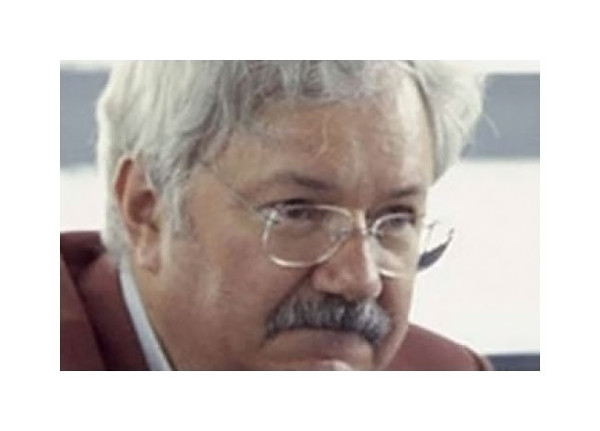
Christian Poché
1938-2010 FR
Producer
Christian Poché (1938-2010) was a journalist, radio producer, music historian, and ethnomusicologist who dedicated his career mostly to studying the Arab World’s music. Christian Poché was born to an Austrian father in Aleppo, Syria and remained very strongly attached to this city his whole life. He spent part of his youth in Lebanon, where he was appointed General Secretary then Director of the Jeunesses Musicales (Musical Youths) from 1961 to 1969, and joined the Lebanese newspaper L’Orient-Le Jour from 1965 to 1967 as music critic. Following his studies in Germany, he worked as researcher at the International Institute for Comparative Music Studies in Berlin (1971-1974) and, at the same time, as co-editor of The World of Music magazine (1973-1974). Starting the mid-1970s, Christian Poché was appointed by Paris to collect music in Syria, Lebanon, Yemen (1972-1975), Mauritania, Mali, Senegal, Niger, Burkina Faso, Guinea, Benin, Rwanda, Djibouti, Comoros, Maldives, Cameroun, Sudan, and Qatar (1976-1984). This marked the beginning of a significant recording work with more than thirty productions and booklets. In 1985, he set up the exhibition La voix. Maintenant et ailleurs (The Voice, Now and Elsewhere) at the Georges Pompidou Centre. This exhibition is without a doubt the first major cultural event in France that showed, at once, the unity and diversity in world music. He also published numerous exhibition catalogues and vulgarization works, such as Musiques du monde arabe. Ecoute et découverte (Music in the Arab World. Listening and Discovering) (IMA, 1994). Christian Poché is among those who contributed to making of the disc a full-fledged scientific publication, following high standards, with numerous informative booklets as well as supporting booklets. His written works include most importantly his republications of archives: Archives de la musique arabe (Archives of Arab Music) (Ocora & IMA, 1988), Le Congrès du Caire de 1932 (The 1932 Cairo Conference)(IMA & BNF, 1989), Archives de la musique turque (Archives of Turkish Music) (Ocora 1995), three ambitious projects executed in collaboration with Bernard Moussali. He joined the team of the Institut du Monde Arabe (Arab World Institute) in 1985, two years before it was opened. Christian Poché played a crucial role in having music recognized as an essential part of the Arab Cultural Heritage. He worked in parallel as producer of radio shows at France Culture and France Musique starting 1978, and created two weekly shows: « Vocabulaire des musiques traditionnelles » (Vocabulary of Traditional Music), and « Sanza » (January 2000 – June 2003)– that was renamed « Zambra » (2006 – June 2008). He had also collaborated to France Culture’s show « Les Vendredis de la musique » (The Fridays of Music). Coming from a journalistic professional background, Christian Poché also developed an original career as a researcher. Rich with extensive knowledge of Arab Music, he published numerous encyclopaedia articles for Science de la musique (Science of Music) (Bordas, 1976), Encyclopédie de la musique (Music Encyclopaedia) (Robert Laffont, 1988), the Grove Dictionary of Musical Instruments (1984), and the Garland Encyclopaedia(2002). Very close to the field, as well as to music matters that he remained impassioned with and passionate about, Christian Poché endeavoured to unearth rare recordings, forgotten musicians and old writings that had gone unnoticed. He published quality articles on women’s role in the History of Arab Music, on « the ambiguity of the mizmār », on the historian al-Tīfāshī, on the biography of Villoteau as well as the biography of Baron Rodolphe d’Erlanger (doing justice, in passing, to Arab musicologists who had served those while remaining out of the public eye). He also published several books, alone or jointly, on Arab-Andalusian music (1995), on the role of almees in dancing in Egypt (1996), gladly expanding his area of research to music and dancing in the other Mediterranean regions, specifically in a Dictionnaire (Dictionary) published in 2005. Towards the end of his life, despite being weakened by a long illness, he continued to work on several new projects, including one book –almost finished– on the myth of Ziryāb, considered to be the founder of Andalusian music, based on a critical rereading by late historian al-Maqarrī as well as in light of earlier authors such as Ibn Bājjah and al-Tīfāshī.
